After four years and four seasons, Doom Patrol has finally come to an end, and the world has lost one of the best superhero shows of all time.
I remember at New York Comic Con in 2018 when I was at a panel for the then-fledgling streaming service DC Universe. While there, I got my first look at the show’s first season and instantly wanted to see more of it. It wasn’t because I was a huge fan of the eponymous team the show was based on, I had never read a Doom Patrol comic up until that point. It was solely due to the involvement of Brendan Fraser as the race car driver turned robot Robotman. So when February 15, 2019 rolled around, I decided to tune in and was greeted with a donkey farting a parallel universe and Alan Tudyk absolutely obliterating the fourth wall and ripping into every superhero trope imaginable. So yeah, I fell in love right away.
Related: James Gunn Confirms What DC Projects Are & Aren’t Canon – Right Now, At Least
From there, Doom Patrol was a show that championed its weirdness. For the most part, especially in a post-MCU world, superhero movies rarely, if ever, take risks. DC and Marvel have become increasingly averse to rocking the boat, deciding that becoming a slave to continuity or grasping at straws to figure out what fans are interested in will work rather than forging their own unique identities. But Doom Patrol was a show that seemed unconcerned with the trends of the genre or if anyone even liked it. The original comic, which received a jolt of popularity in the late ’80s and early ’90s thanks to author Grant Morrison, bucked any and all superhero norms and standards, exploring ideas and themes that just weren’t seen in comics before in a way that made them strangely compelling.
The series embodied that same mentality over the course of its four seasons. You want strange? Doom Patrol has you covered. Did you want to see a person who hunts people by consuming their facial hair? What about witnessing an invasive species whose sole purpose it to plant nothing but terrible ideas into a person’s mind? Or what about an ongoing subplot about genetically engineered butts who were trained to perform The Music Man that were corrupted into violent monsters bent on ending all human life, even after they became zombies? To the Doom Patrol, that was just Tuesday.

But if the show was all about quirky and bizarre superheroics and the even weirder foes they had to fight, it would lose its charm. Sure, the crazy situations the team finds themselves in are charming in their own ludicrous way, but if it was nothing but that then audiences would probably tire of the series and start to think of it as “lol, so random!” humor. But these strange situations would be buoyed by two important facts. First, the cast never treated these situations like a joke. Even in the face of the most insane ideas known to man, like when an egomaniacal cockroach makes out with a giant rat, it’s framed as being a fate of the world moment that is imperative to the survival of the team. They’ll comment, or rather Brendan Fraser’s Robotman will curse, at what’s going on around them, but quickly realize that these threats are very real and need to be handled.
More importantly than that, Doom Patrol doesn’t shy away from having very difficult conversations and discussions about its cast. Every single member of the Doom Patrol came from a traumatic accident that resulted in them not only getting superpowers but ruining their lives – case in point, Joivan Wade’s Cyborg. Most audiences may be familiar with the character through his stint in the Teen Titans animated series. While that show is excellent and does a good job at depicting Cyborg in a fun light, it also occasionally delves into the difficulties of having his entire life taken away from him and becoming a robot, with him questioning at several points if he’s more machine than man.
Doom Patrol supercharges these emotional hang-ups. Throughout the show, Cyborg explores the relationship he has with his father, how he didn’t really have a choice in receiving his powers, how his appearance affects his mental well-being and his relationships, and how he basically lost touch with everyone he ever knew before the accident. The show isn’t afraid to go into uncomfortable territory, and the same is true for the rest of the team. Everyone has their own baggage, but not in a subtle “personal demon” way. No, everyone on the team is fundamentally broken and is rigorously undermined by society because of that.
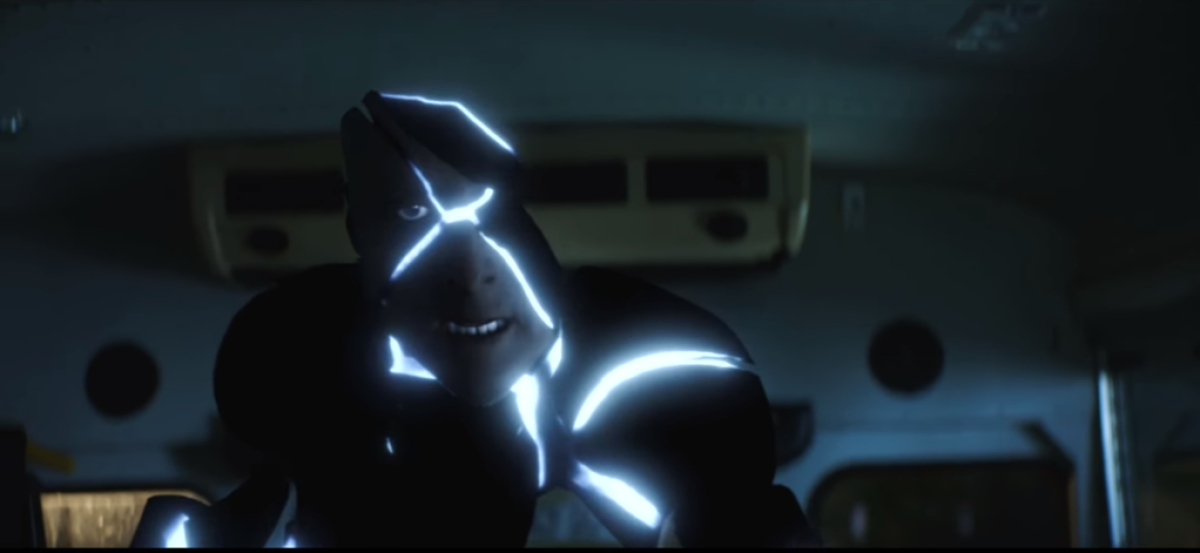
The internal problems the Doom Patrol faces are all too human. Cliff tries to reconnect with his family who wants nothing to do with him and struggles with losing any and all sensation thanks to his robot body. Diane Guerrero’s Crazy Jane has 64 alternate personalities that all originate from the same desire to protect their host from further trauma but haven’t lived their own lives. Poor Matt Bomer’s Larry Trainer was not only struggling with his sexual identity, but now can’t even get physically intimate with anyone or else risk killing them from the deadly amounts of radiation he constantly exudes. All of this trauma is tragic, but damn is it captivating. There’s a reason why one of the best episodes in the series is an episode where the team doesn’t fight any villain, but rather just sit together for a self-led therapy session.
It’s moments like that that really drive home why Doom Patrol was special. It wasn’t afraid to step away from the superheroes and explore our cast of heroes as people. Sure, other superhero franchises and installments may try to focus on the human element present in each character, but they don’t fully commit to that and instead pivot back to comfortable superhero action. The cast of Doom Patrol doesn’t feel entirely approachable, mostly because of how outlandish they are, but their problems are all too sympathetic and more relatable than figures like Superman and Batman are.
There is superhero action in Doom Patrol, but it feels like it takes a backseat to everything else. In Season 3, one of the main antagonists, the Sisterhood of Dada, seeks to bring about an event called the Eternal Flagellation, an event where people’s subconsciousness becomes dominant and all who are exposed to it have to confront their own personal demons. There is no action-packed scene where the team beats the Sisterhood when they begin the Flagellation. The climax is a gigantic emotional catharsis as the Sisterhood wins and then fades away. No real victory to be had, just emotional contemplation that is necessary for our heroes to grow. Don’t worry, there is action to be had, like when the team has to face an evil brain and his gorilla lover, and those moments are great, but they’re not the core of the show’s excellence.
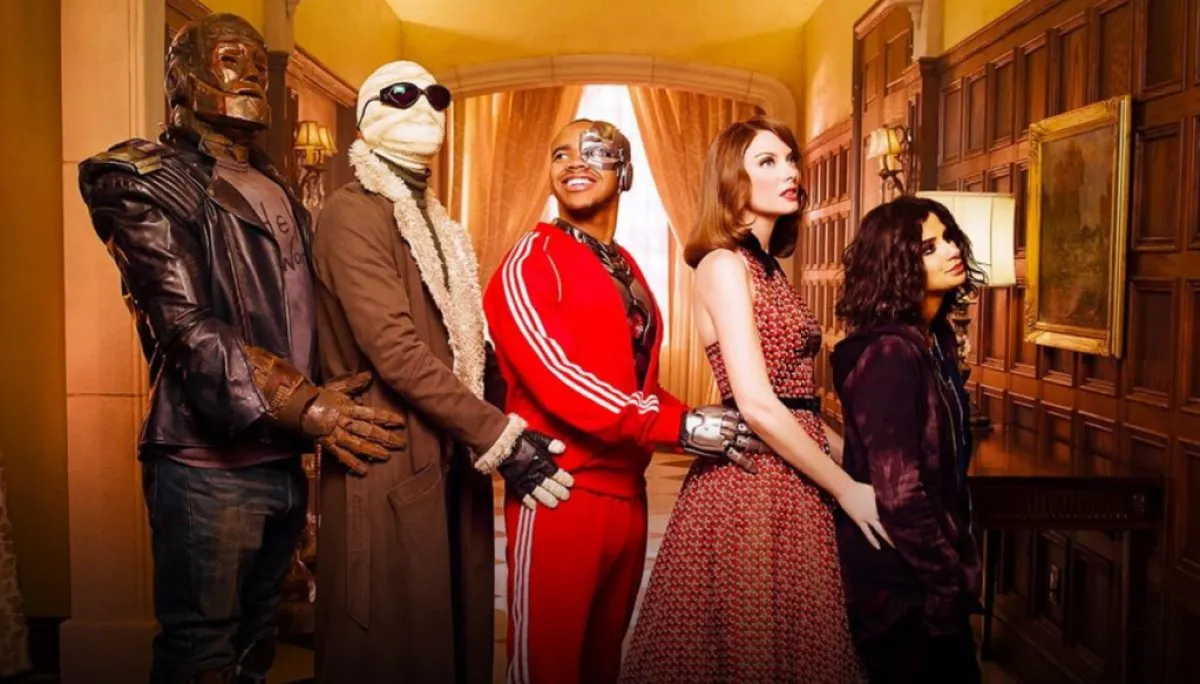
It should come as no surprise then that Doom Patrol was considered a bubble show. At the conclusion of each season, there was always speculation of if that would be it and if there would be any continuation. Not only was it because of the show’s outthere content and deeply personal drama, but because of the roller coaster of production the show went through. First, there was the shuttering of DC Universe as it was absorbed into HBO Max. Then you had the COVID-19 pandemic which shut down production and left the second season incomplete (the third season begins with the second season finale). But then you have the brutal evisceration of HBO Max’s streaming library by David Zaslav, something that is still being done to this day, that made fans question if the fourth season was also on the chopping block. Finally, when that last season did release, it was split into two parts separated by nearly an entire year with no sign of if/when the second half would premiere. This show should not have lasted four seasons and 46 episodes and could have been canned for many different reasons, and yet it did.
Why? Because there was nothing else like it.
It would be easy to explain Doom Patrol’s endurance solely because of the popularity of superhero films in the late 2010s. Doom Patrol released just before Avengers: Endgame became a cultural event and one of the highest-grossing films of all time. But shortly after that, superhero franchises saw a sharp decline not only in part of the after-effects of Endgame where people were wondering what came next but also DC’s spiral of irrelevancy and the immediate impact of COVID-19 on the film industry. A niche show like Doom Patrol should have died alongside shows like Swamp Thing, but its weird cast of characters and emotional poignancy struck a chord with audiences.
In short, there was nothing quite like Doom Patrol. It was a series that wasn’t afraid to be a superhero show about everything other than superheroes. It brought in the weirdness of comic books in a way that other major studio projects would have been afraid to do out of fear of alienating audiences. It delivered raw performances and, in my opinion, helped serve as the springboard for Brendan Fraser’s reintroduction into the public eye after a tumultuous decade of depression and abandonment. It’s a series that stayed true to itself and didn’t buckle under industry trends or try to appeal to a wider audience. It was what it was and wasn’t ashamed to let its freak flag fly and I will always respect a series that attempts to break the mold than conform to it.

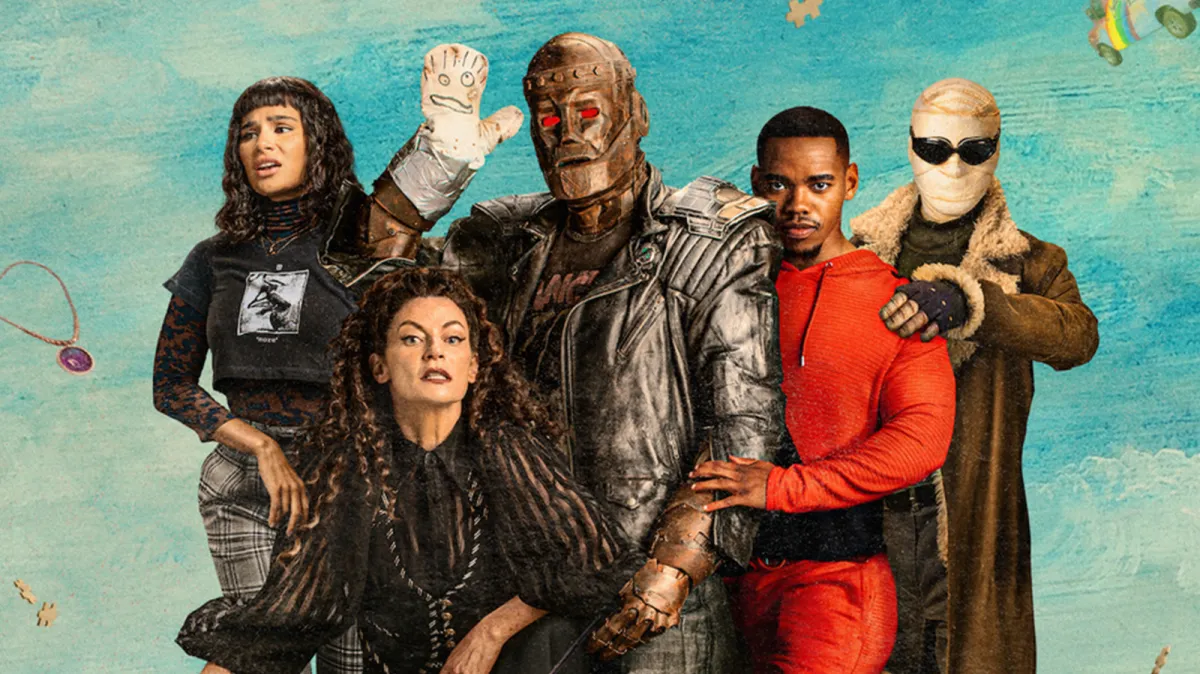
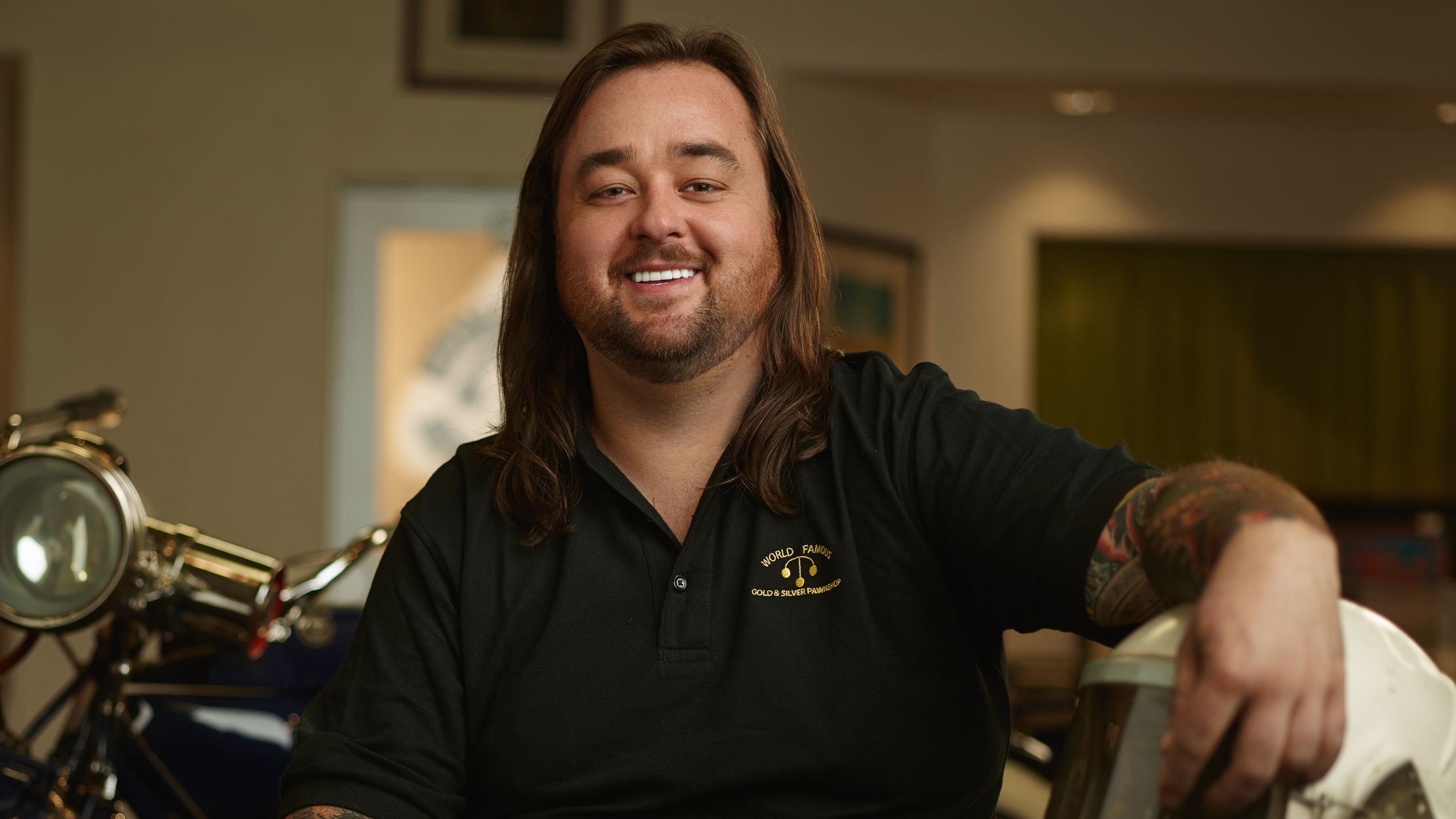
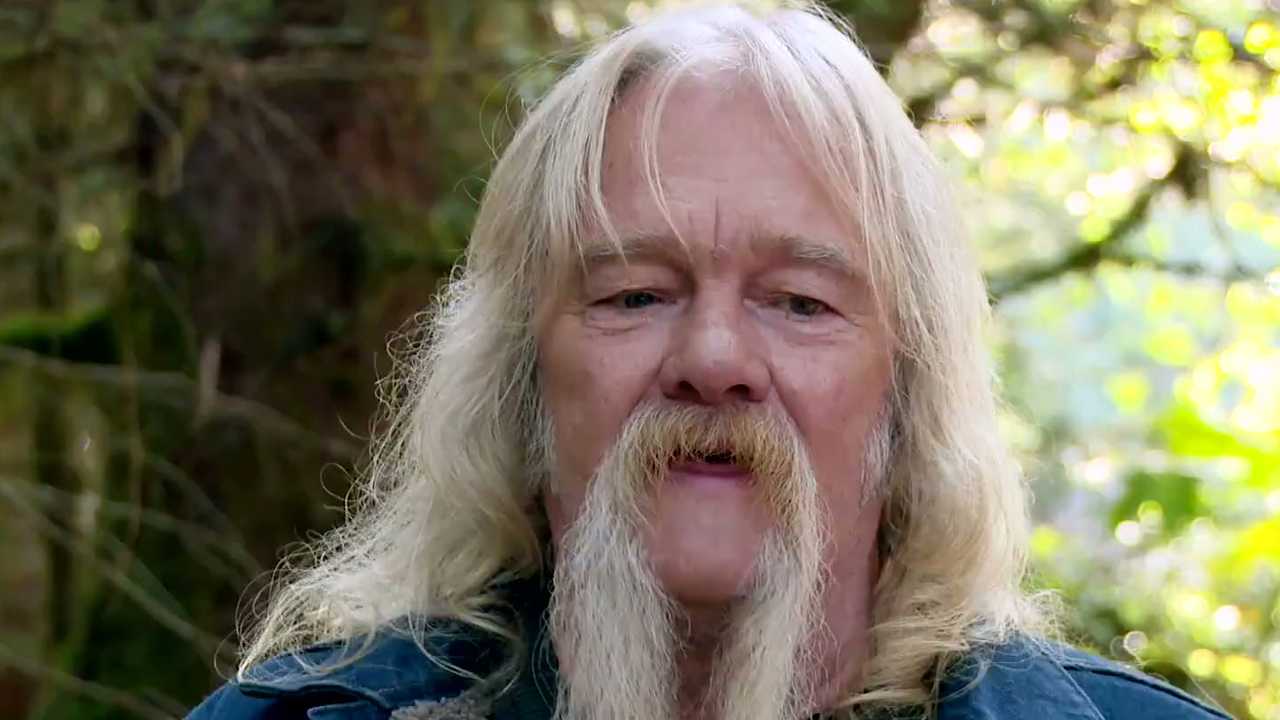
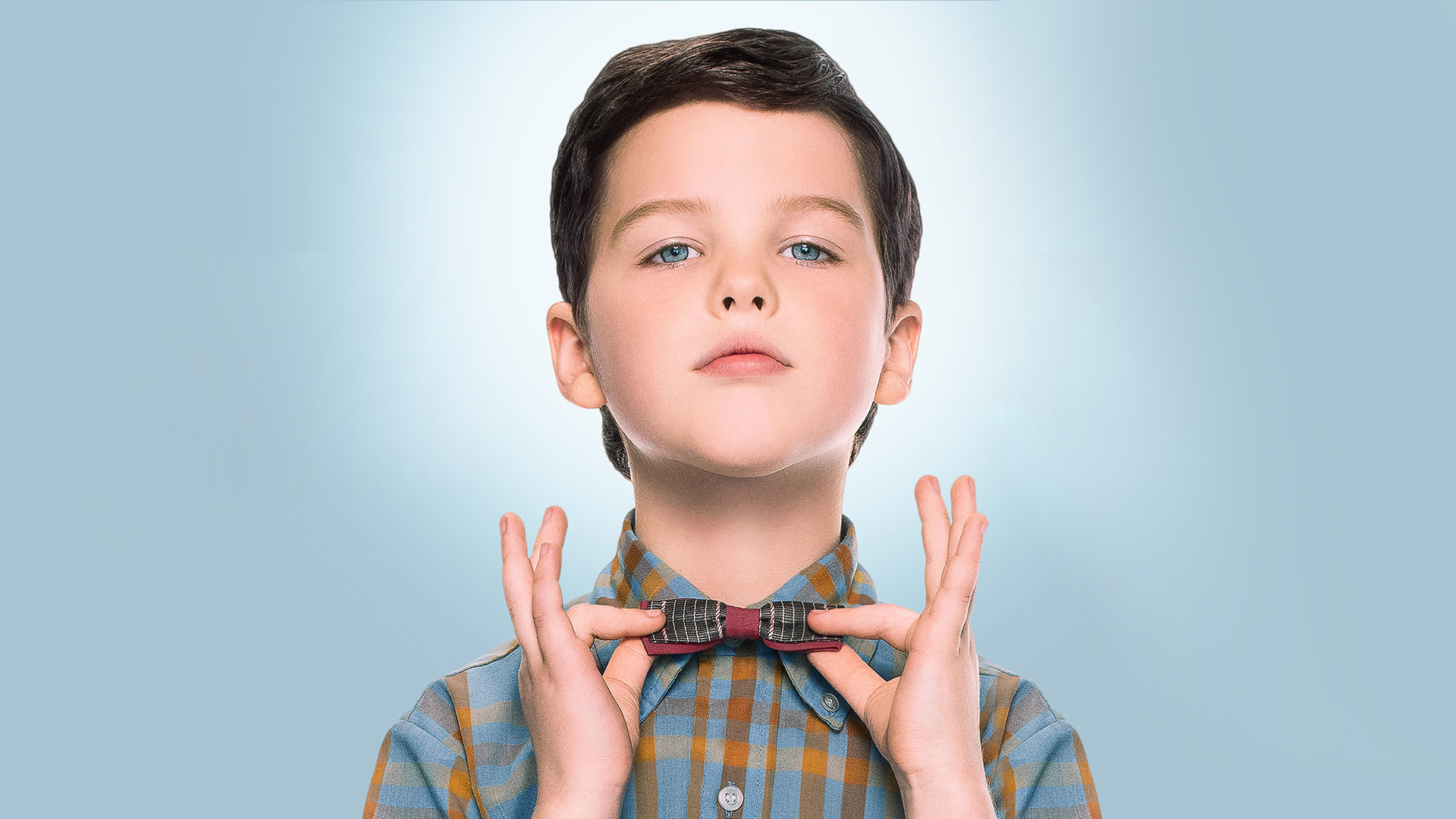
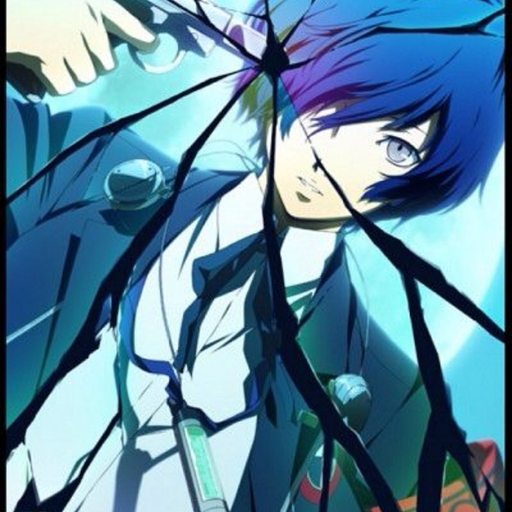
Published: Nov 10, 2023 11:09 am